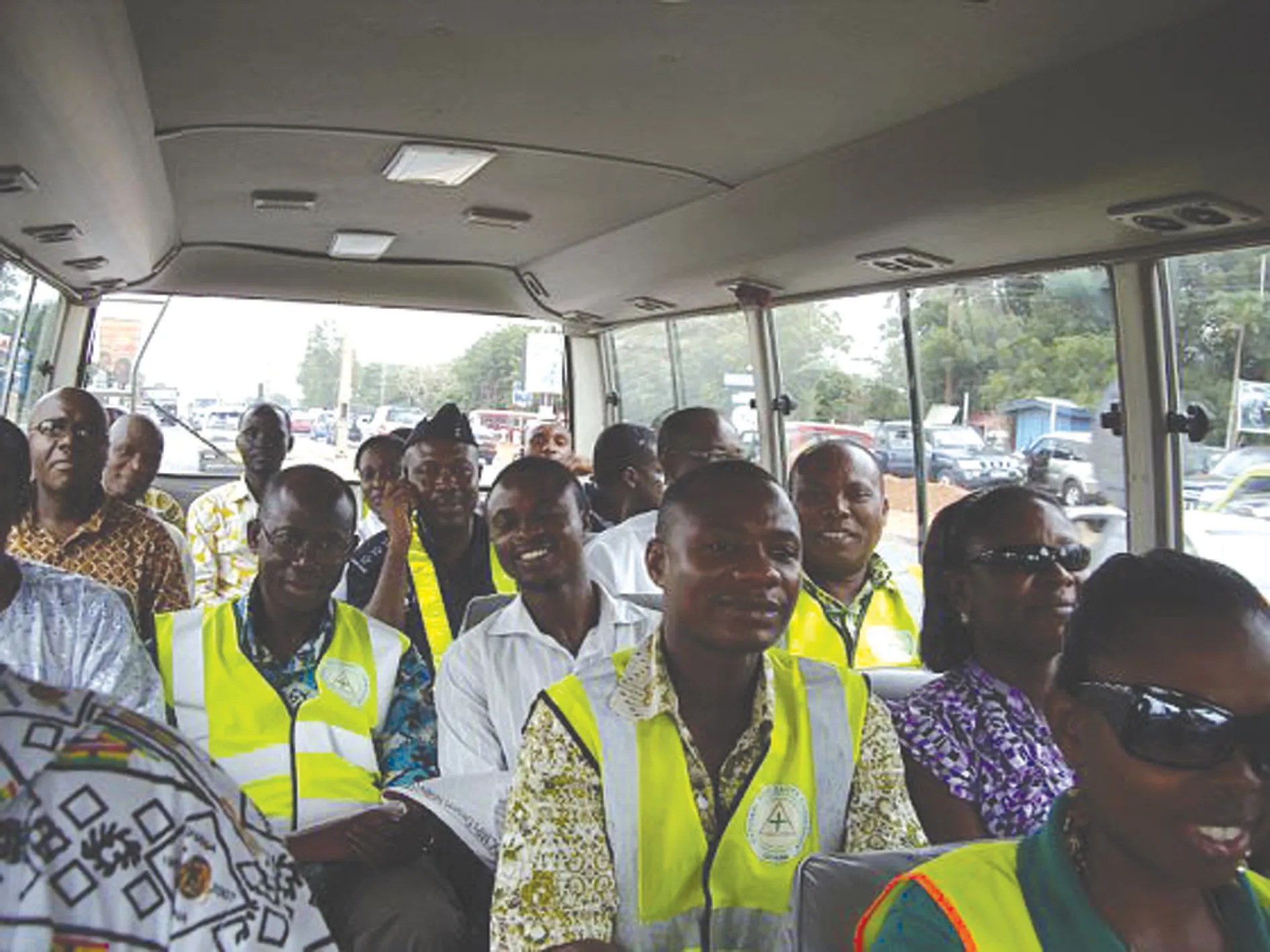EU plans to improve road safety will include strengthening road infrastructure management, in a bid to reduce road fatalities and serious injuries. The changes will ensure that current rules used for motorways and other primary roads will be extended beyond the trans-European transport network (TEN-T). This will help improve road infrastructure safety and the directive will also cover roads outside urban areas that are built using EU funding.
The proposal will introduce a network-wide road safety assess
March 5, 2019
Read time: 1 min
EU plans to improve road safety will include strengthening road infrastructure management, in a bid to reduce road fatalities and serious injuries. The changes will ensure that current rules used for motorways and other primary roads will be extended beyond the trans-European transport network (TEN-T). This will help improve road infrastructure safety and the directive will also cover roads outside urban areas that are built using EU funding.
The proposal will introduce a network-wide road safety assessment. This snapshot of the entire road network will be used to evaluate crash risk. Authorities will analyse the results and carry out more targeted road safety inspections or take direct remedial action.
It will become mandatory to take systematic account of pedestrians, cyclists and other vulnerable road users in road safety management procedures. These road users accounted for almost half of road fatalities in the EU in 2017.









